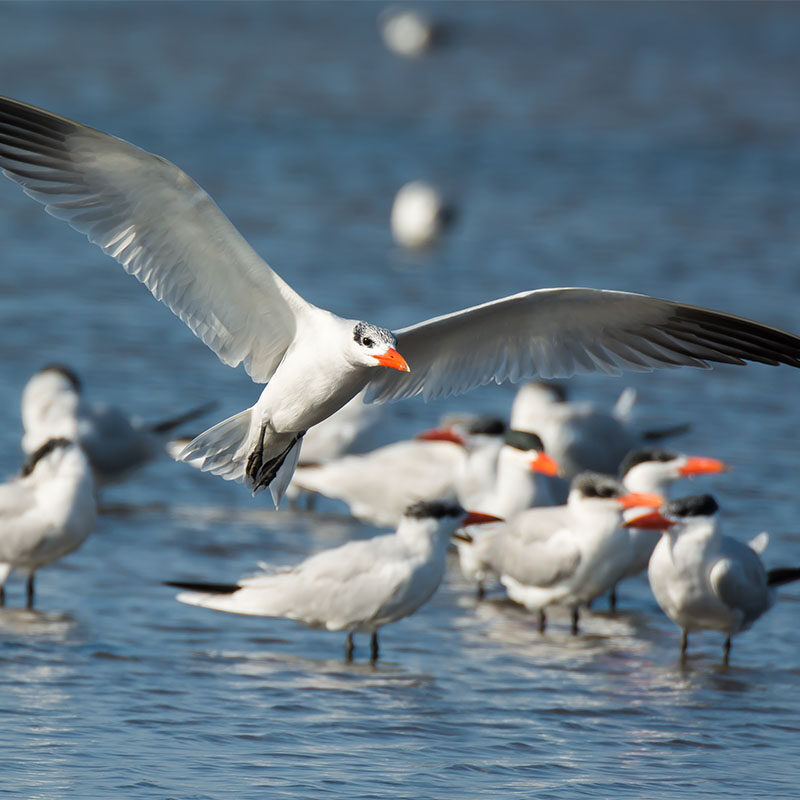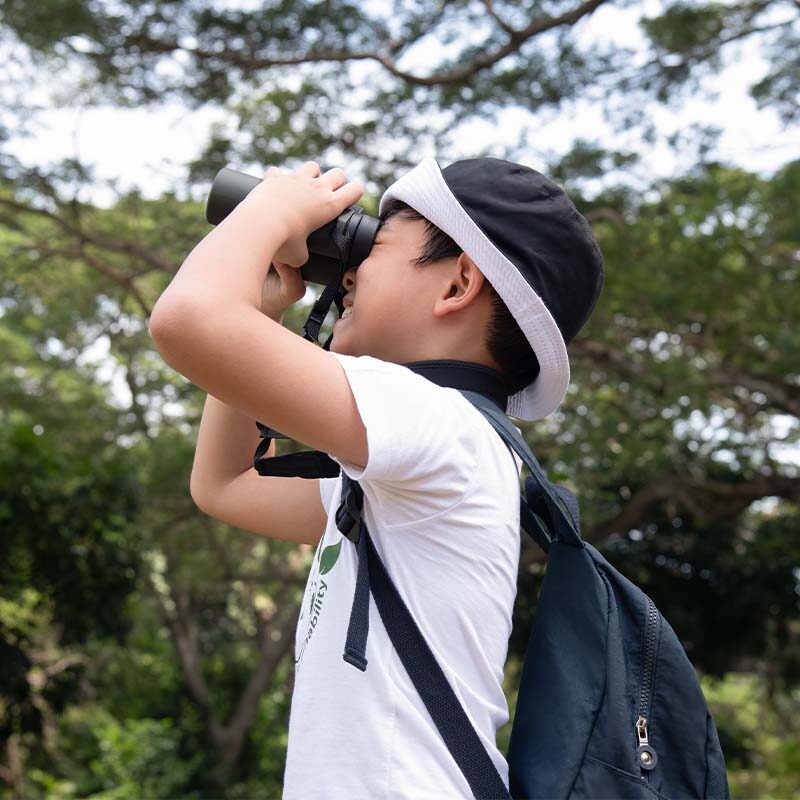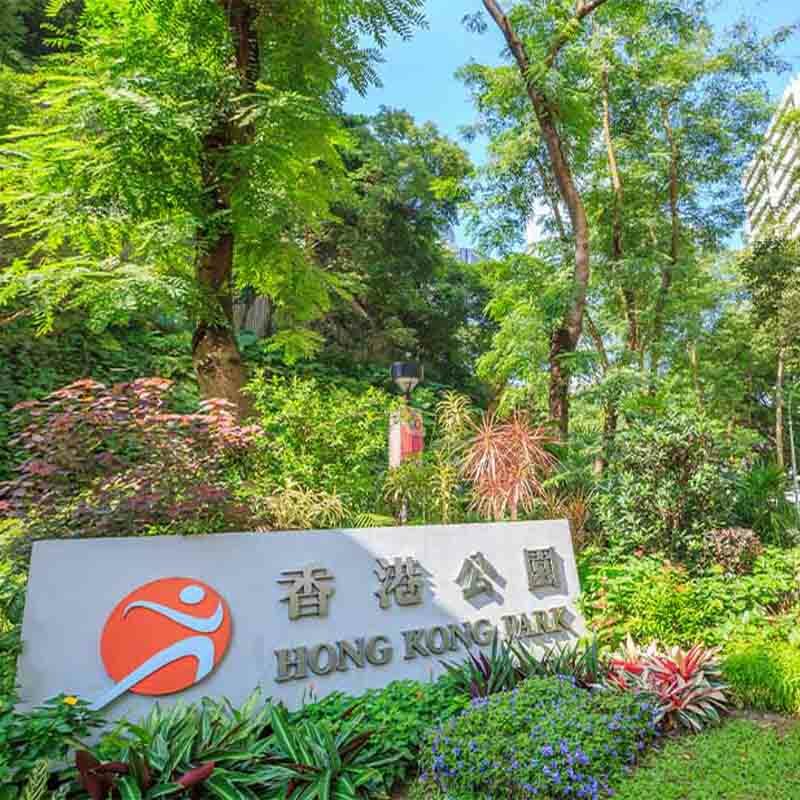If you’re like me and used to spend a portion of your year travelling to far-off locales –be it for culture, family visits or (especially in my case) seeing exotic wildlife – then the last couple of years have probably been tough on you. Chances are you’ve been going stir crazy, feeling like wherever you go in Hong Kong, you’re always staring at the same four mountains. Most likely you would gladly get on a plane and go elsewhere, were it not for stringent quarantine rules that make travel impractical to the point of impossibility.
Unfortunately, with new COVID variants continuing to spring up, travel restrictions and the sedentary, localised lifestyle they have imposed on us are not likely to ease in the foreseeable future. But for those with an interest in nature trips, there are worse places to be stuck than here.
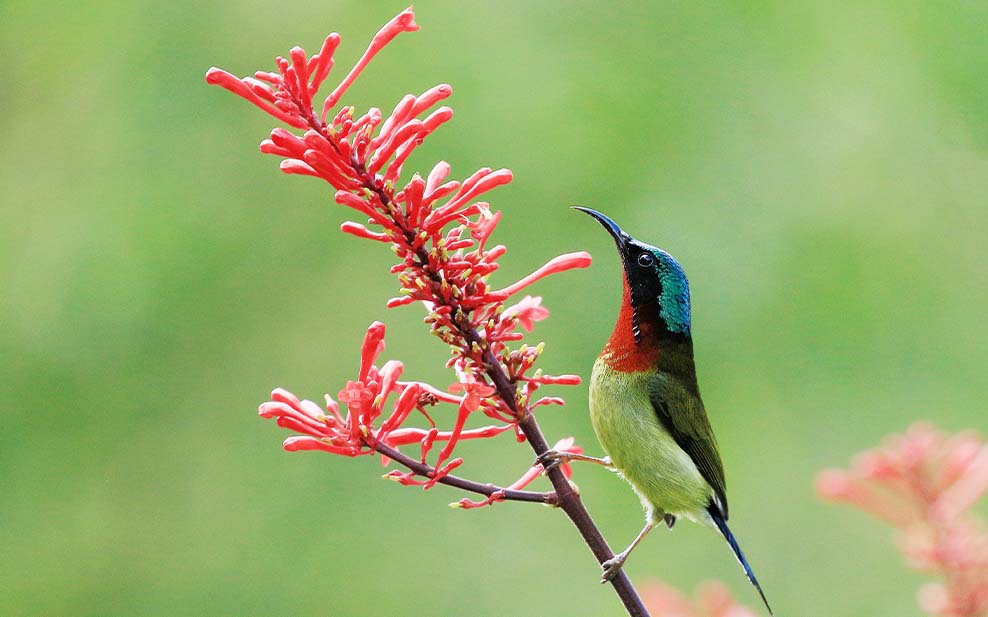
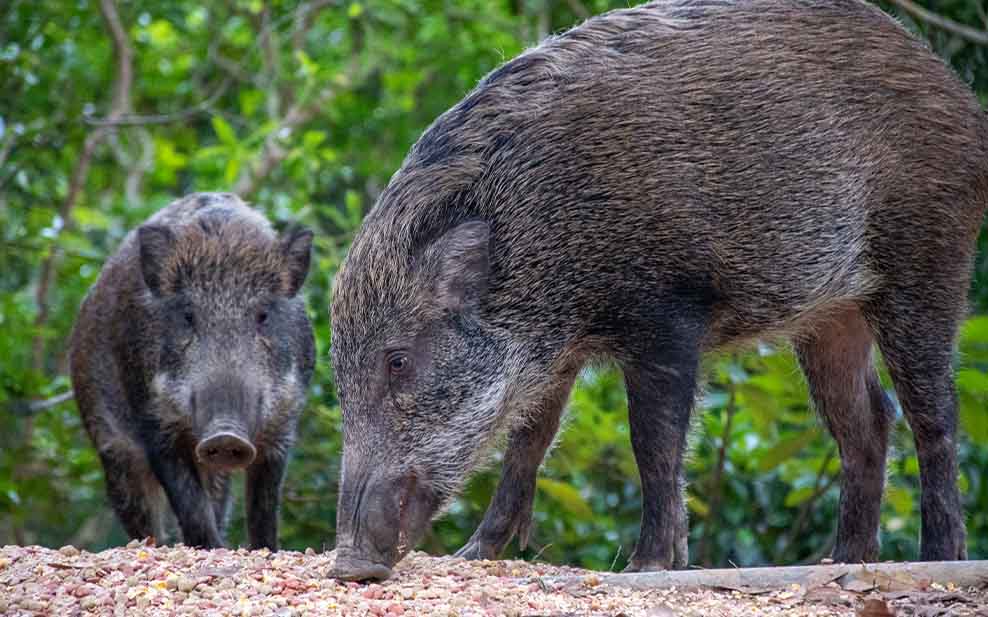

One of Hong Kong’s best kept secrets is that it is incredibly biodiverse, being home to 55 mammals, 525 birds, 240 butterflies and over 3,300 plants. Its marine diversity is just as –if not even more– impressive, with a recent study recording 5,943 species in local waters, including more species of hard coral than the Caribbean Sea. Add to that some stunning natural scenery and you have a nature lover’s paradise that locals need not produce 2.1 tonnes of aviation emissions per person to get to. And besides, exposure to nature can be a great salve for our shared COVID-induced mental anguish.
Of course, not everyone necessarily is familiar enough with Hong Kong’s natural environment to know where and when to experience its wonders. But fortunately, the city is also home to a lot of people who are passionate about the rich array of species they share it with, some of whom have channeled that passion into sharing these natural wonders with others via guided tours. Through these tours, both the initiated and uninitiated alike can come away with a greater appreciation of what this amazing place has to offer and hopefully a passion to do all that they can to protect nature in this extraordinary corner of the world.
WELL, here are some of these tours.
WWF Mai Po Tours
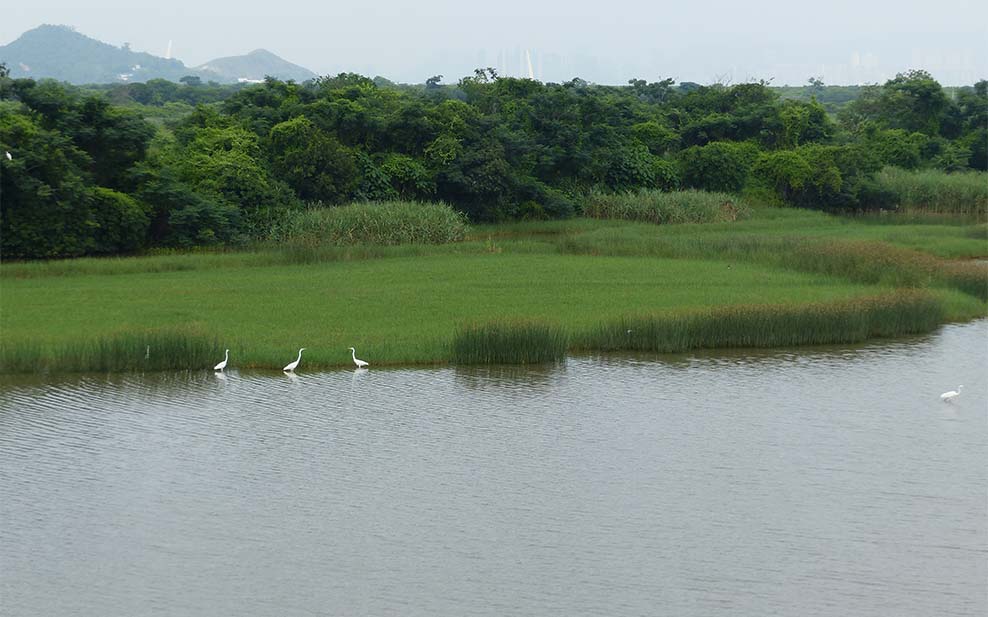
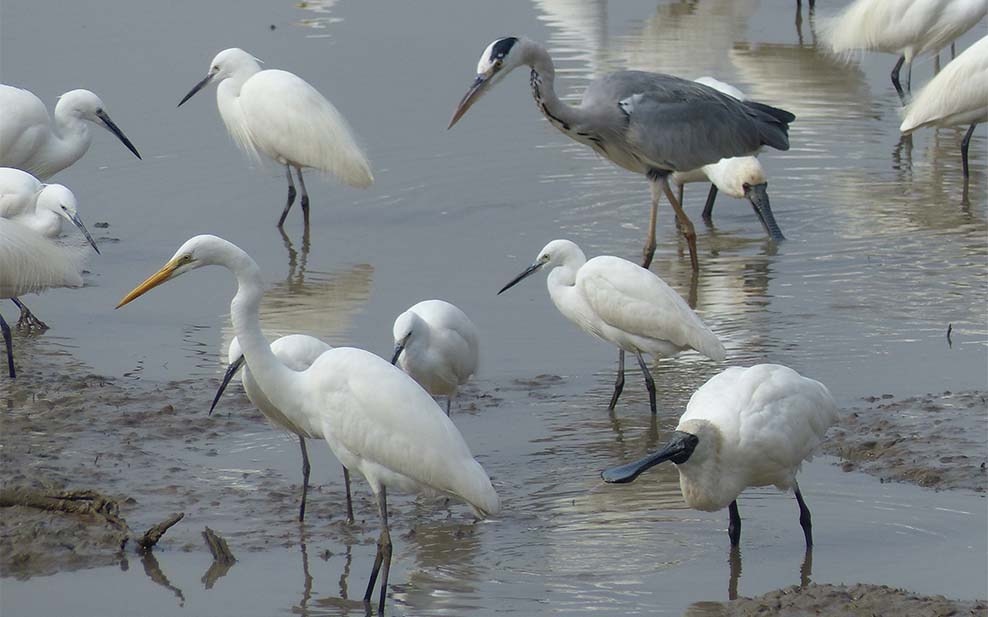
Mai Po Nature Reserve is the jewel in Hong Kong’s natural crown, playing host to thousands of migratory, even endangered, birds from up and down the East coast of Asia every winter. But like most jewels, access to this protected wetland is not a free-for-all. To keep visitor numbers low enough to avoid disturbing the birds, entry to Mai Po requires a special permit from the Agriculture, Fisheries and Conservation Department (AFCD). Luckily for those who would rather avoid the bureaucracy of applying for said permit, there is another option.
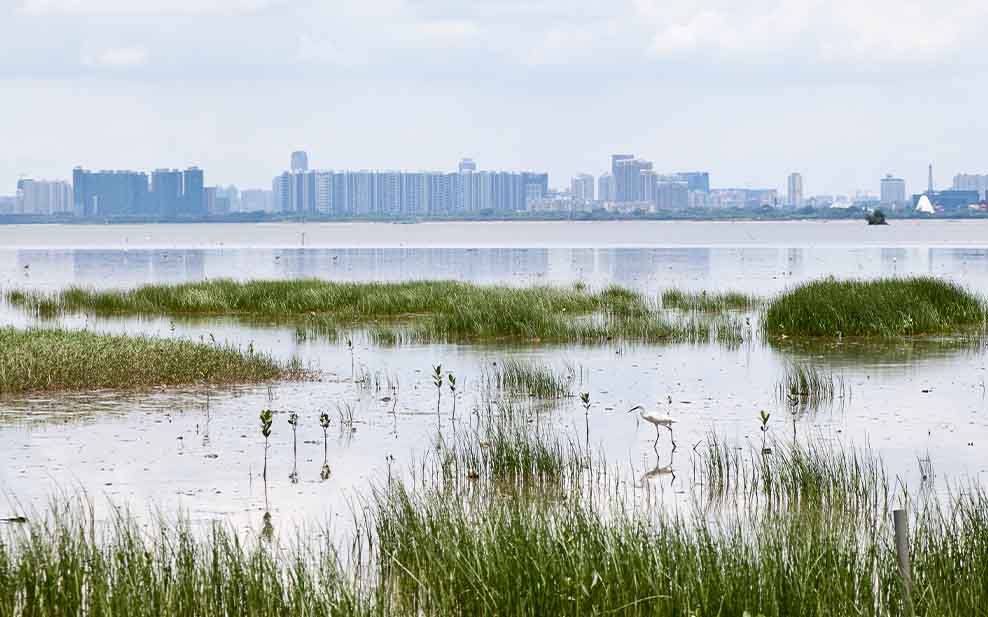
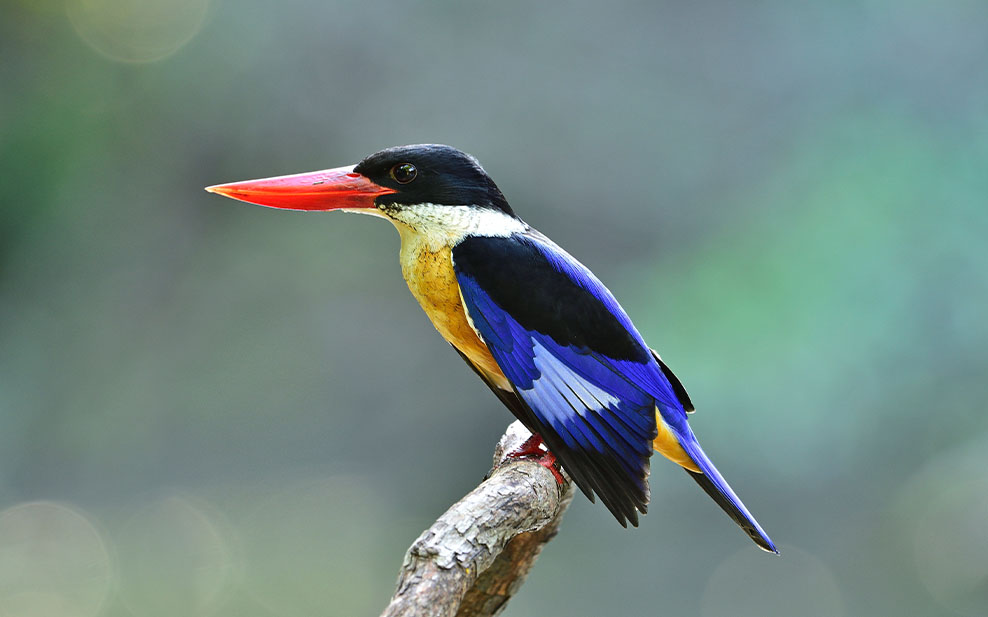
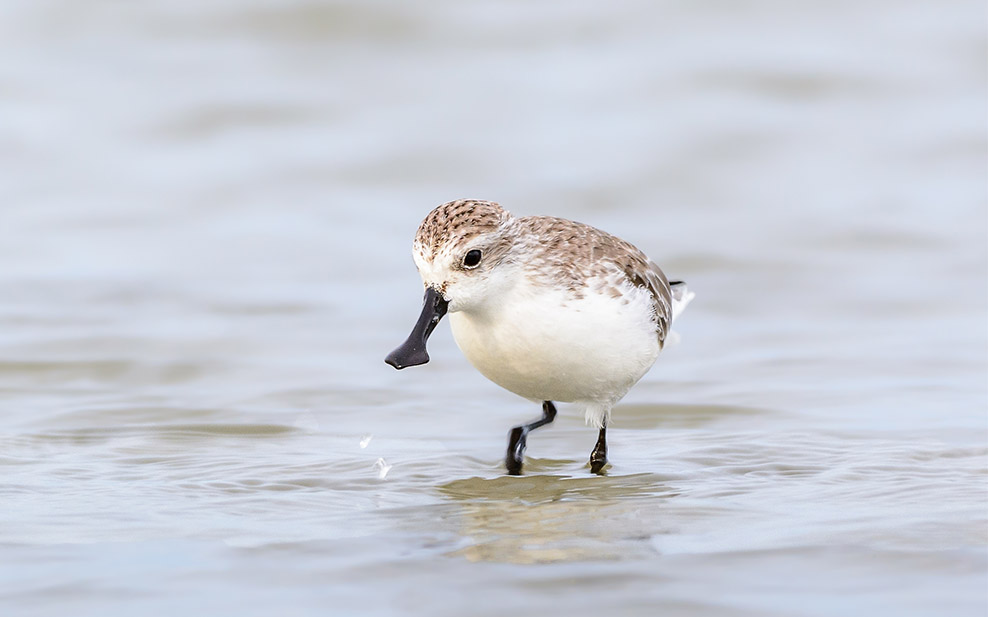
WWF-Hong Kong –which manages Mai Po for the benefit of the birds– organises guided eco-tours of the reserve each week from Wednesday to Sunday (and later in the year, Friday to Sunday), which do not require participants to hold a permit. These treat visitors to sights of Mai Po’s most iconic and beautiful bird species, both from the seclusion of special birdwatching hides and out in its stunning habitats. Those who sign up for the Mangrove Boardwalk Adventure also get special access to the restricted Frontier Closed Area, where they can see species not easily seen in the rest of Mai Po, like the colourful black-capped kingfisher or –if they’re extremely lucky– the critically endangered spoon-billed sandpiper.
Bookings: https://apps.wwf.org.hk/cf/mp
Hong Kong Dolphinwatch
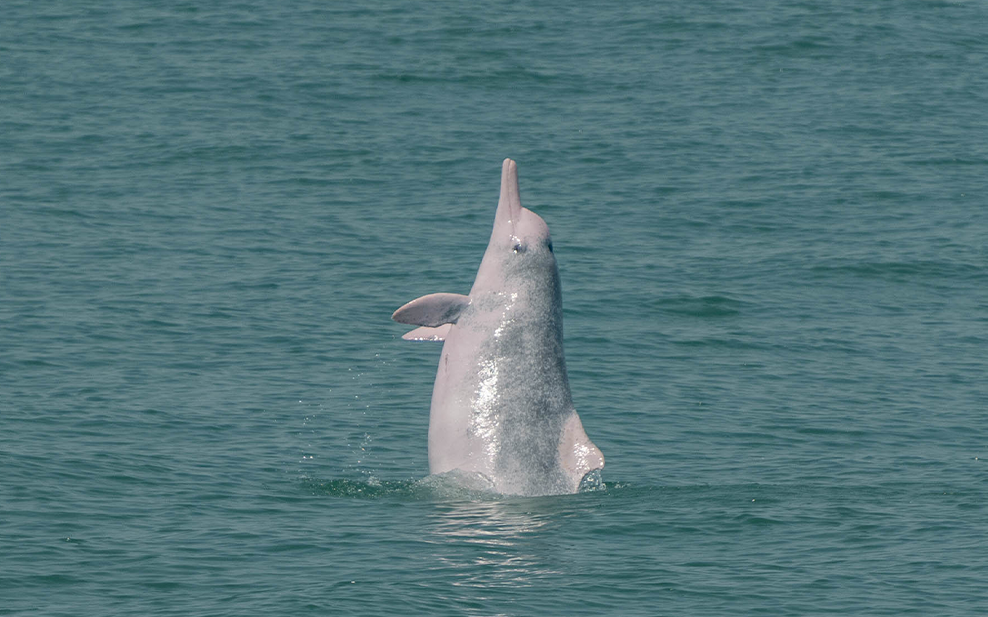
The other (increasingly rare) jewel in Hong Kong’s natural crown is of course the Indo-Pacific humpback dolphin, more commonly known as the pink or Chinese white dolphin. Although several dolphin watching tours exist in Hong Kong, Hong Kong Dolphinwatch is one of the more reputable in terms of dolphin welfare, keeping enough of a distance from the dolphins to avoid disturbing them, but not enough to compromise on good sightings and photo-ops.
While the boat travels from Tung Chung to the dolphin hotspots further down the west coast of Lantau Island, visitors can enjoy a detailed presentation on the biology of these unique marine mammals –including the reason for their pinky-white skin– and the myriad of threats they face, including pollution and habitat destruction caused by coastal reclamation projects. Once in dolphin territory, sightings historically have tended to be very reliable, with a 97% sighting rate and a free go-again trip if you don’t see anything. However, given how rare pink dolphins are becoming in Hong Kong –numbers have declined by over 80% in the past 15 years– one must make more allowances these days for no-show trips.
Though originally operating every Wednesday, Friday and Sunday, due to the pandemic, tours are now conducted on a more ad-hoc basis every Sunday and on any Wednesday or Friday that falls on a public holiday.
Hong Kong Snakes Safari
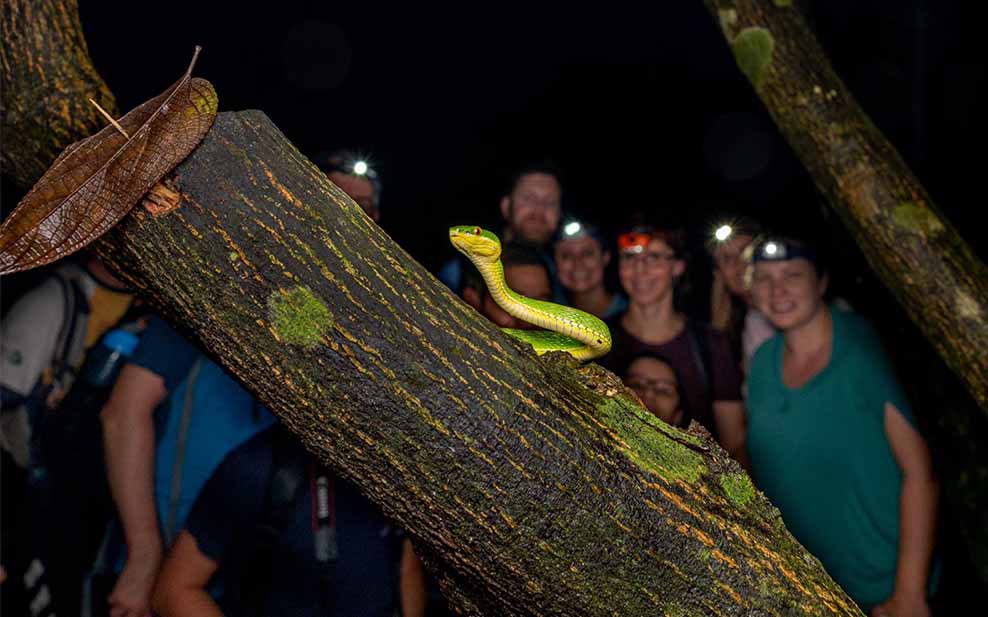
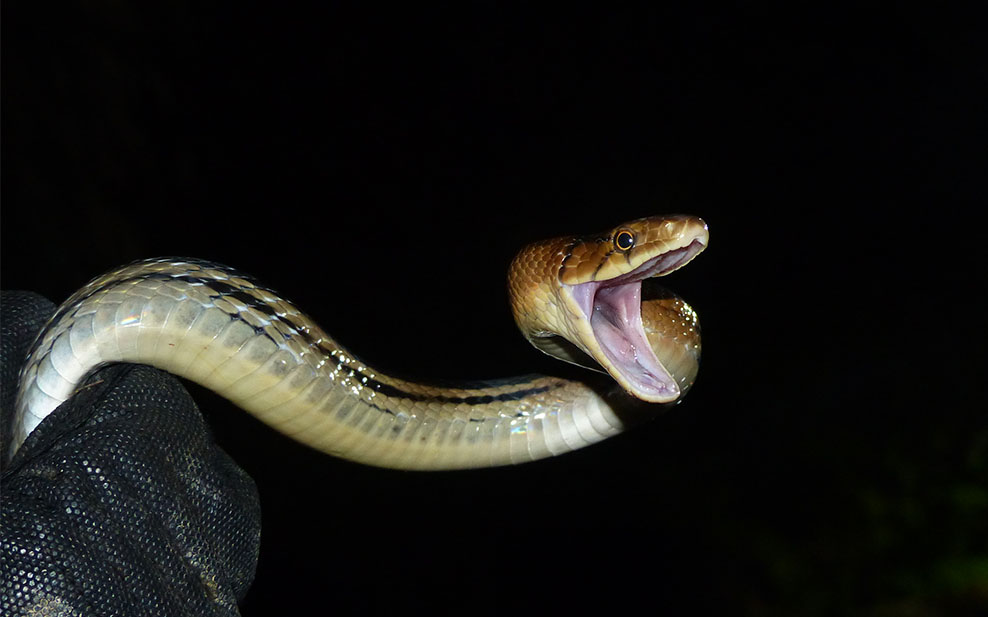
In Summer, when most of the birds have flown back north, many nature lovers in Hong Kong turn their attention to its cold-blooded residents –reptiles, amphibians and insects– which become much more active in the warmer weather. And one of the most popular tours to see such creatures is this one; run by events-manager-by-day and snake-catcher-by-night, William Sargent.
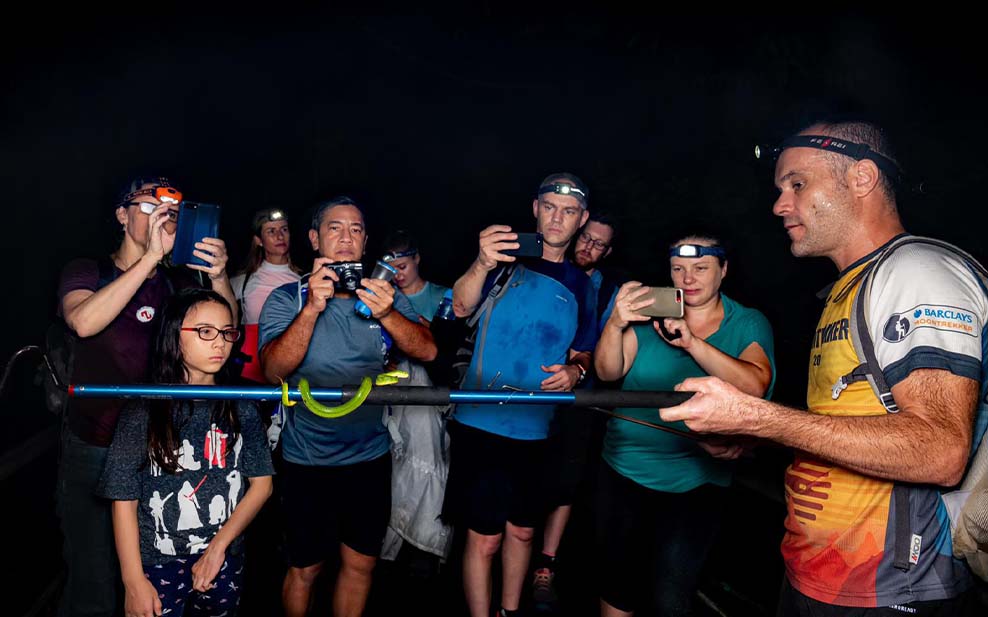
Taking place in the foothills of Tai Mo Shan from April to October on designated dates, these nighttime group tours take participants into the forest to search for snakes by torchlight. Channeling Steve Irwin, Sargent –who has over 30 years of experience in snake handling– has an eagle-eye for spotting them and his infectious enthusiasm and passion for these reptiles is likely one of the main reasons why this tour is so often credited as a way for ophidiophobes (snake-phobics) to lose their fear of them, just as Sargent designed it to do.
If you are interested in this tour, be sure to book well in advance, as group sizes are capped at 8 and places fill up quickly. Also, be sure to bring your own flashlight and/or headtorch and plenty of drinking water.
Bookings: https://www.gunghoevents.com/adventure
Lung Fu Shan Environmental Education Centre
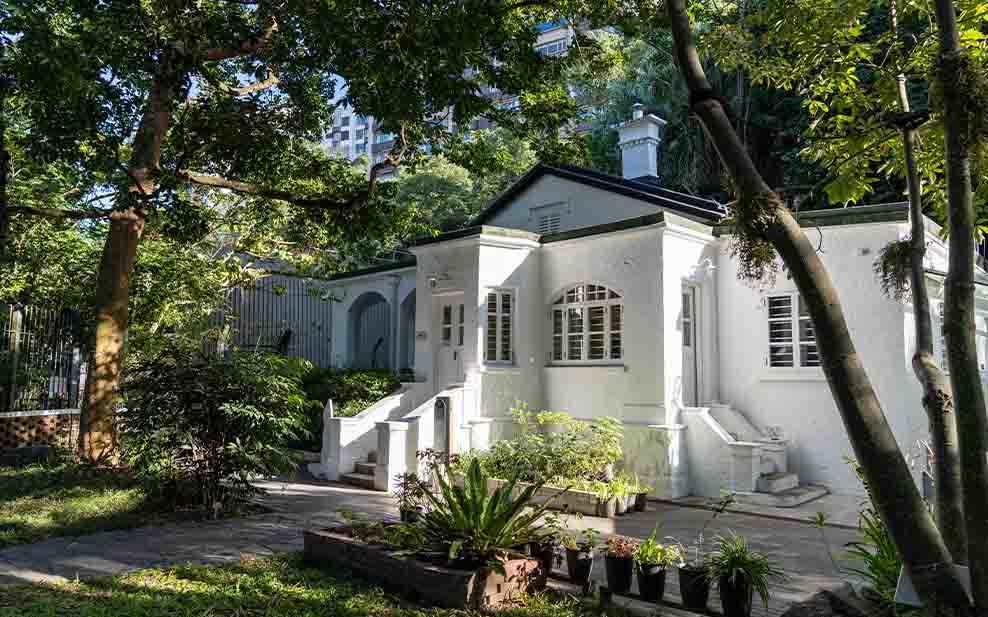
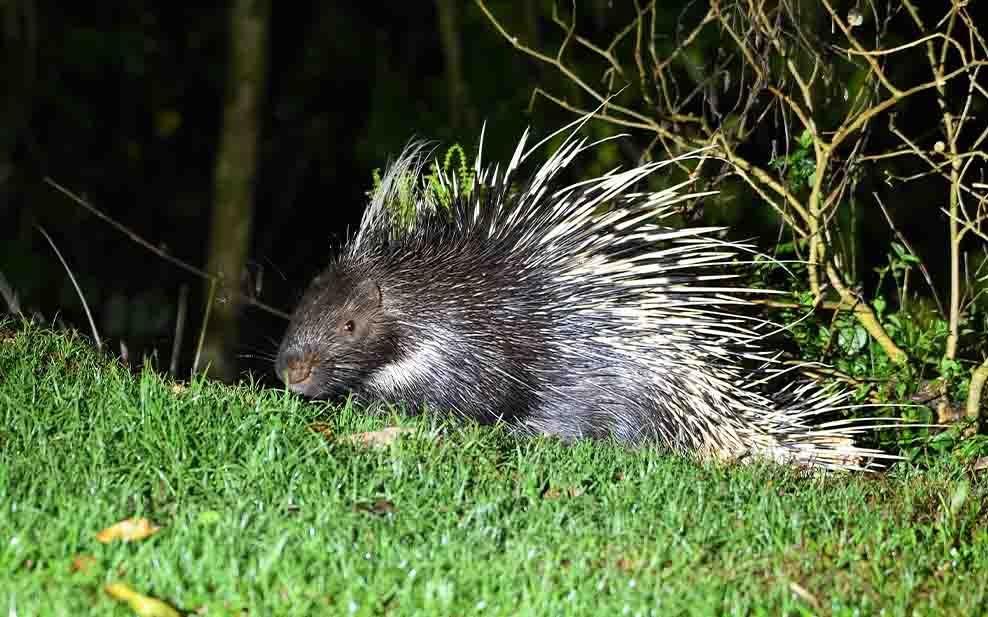
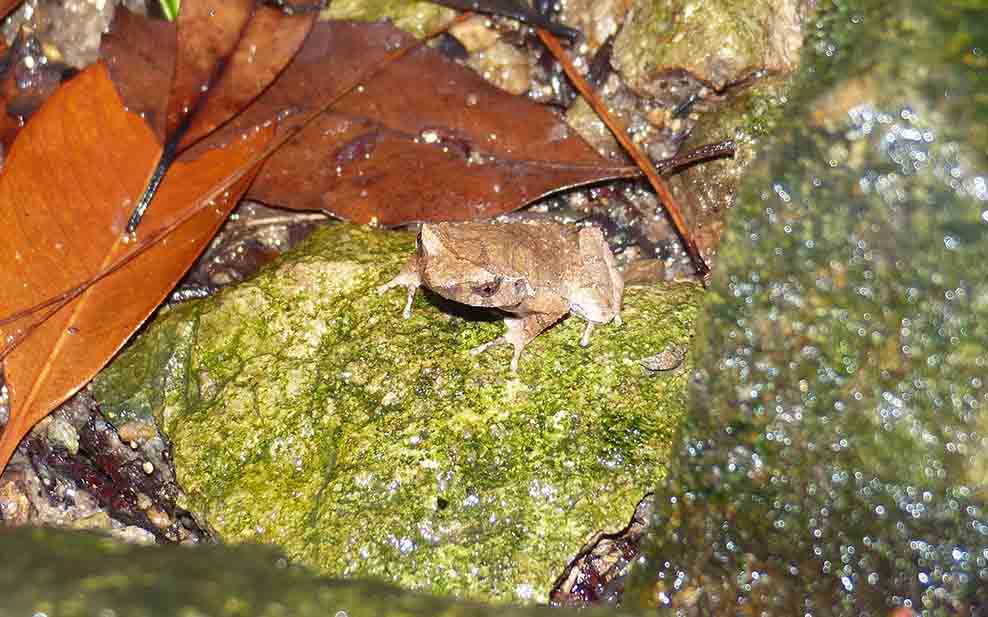
For those living in the Pok Fu Lam area, one very local option for guided eco-tours are those conducted by the Lung Fu Shan Environmental Education Centre, which is just up the hill from the University of Hong Kong. Operating out of a former reservoir worker’s bungalow from the 19th Century, the centre offers exhibitions and green workshops on nature, as well as tours of the surrounding Lung Fu Shan Country Park. The youngest of its kind in Hong Kong, this country park is rich in forest wildlife, including porcupines, wild boars and other less eye-catching but more geographically distinct animals like the short-legged toad (which is only known from a few areas of Vietnam and Southern China).
In keeping with the ‘Education’ part of the centre’s name, several of its outdoor activities also have a learning element to them. For example, its Orienteering activity includes checkpoints with questions about local ecology, while its Lung Fu Shan mini bioblitz fosters identification skills as participants try to record as many species as possible within a given time limit.
Sai Kung Scuba
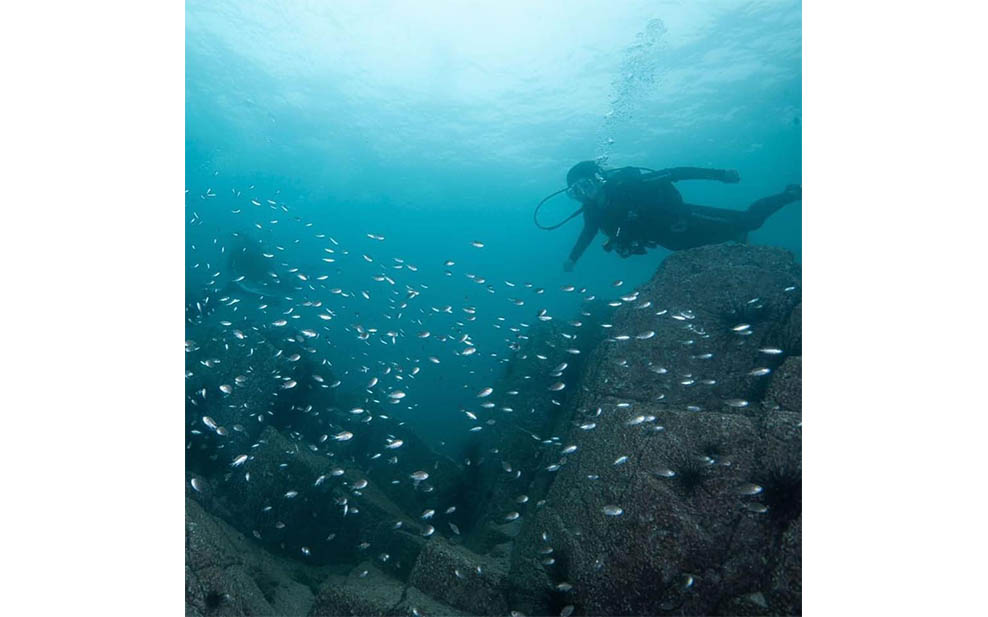

Regular readers of WELL, Magazine may recognise Sai Kung Scuba from my article on their marine litter clean-up initiative. But in addition to rubbish removal, they also organise scuba diving trips to see marine wildlife too. The waters around the islands of Sai Kung and Port Shelter have some of the best coral and reef fish communities in Hong Kong and every weekend or two, Sai Kung Scuba regularly takes divers out to the best locations for marine wildlife here, like Bluff Island, the East Dam and the Ninepin islands.
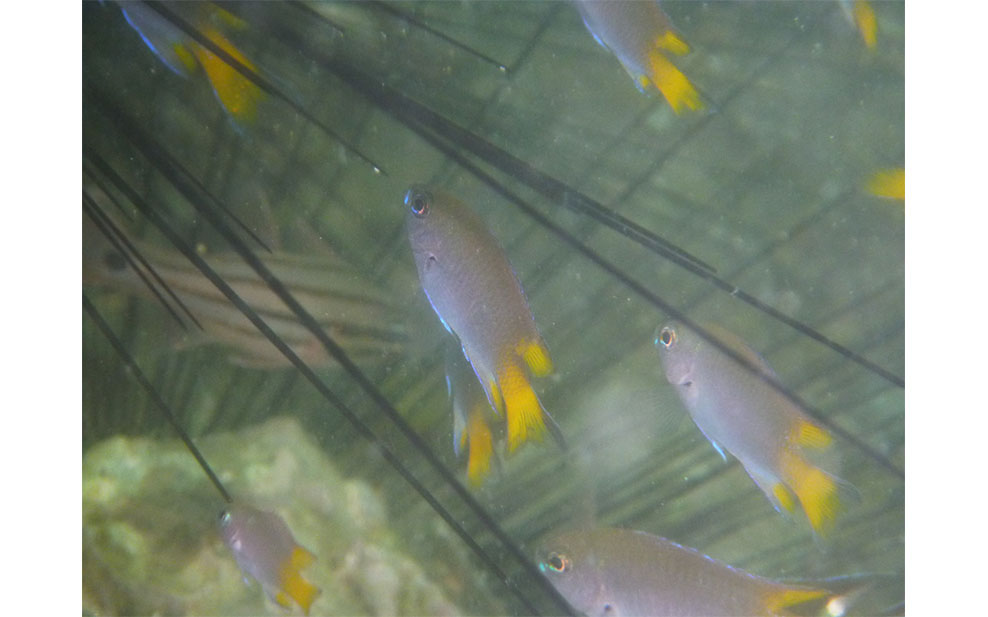
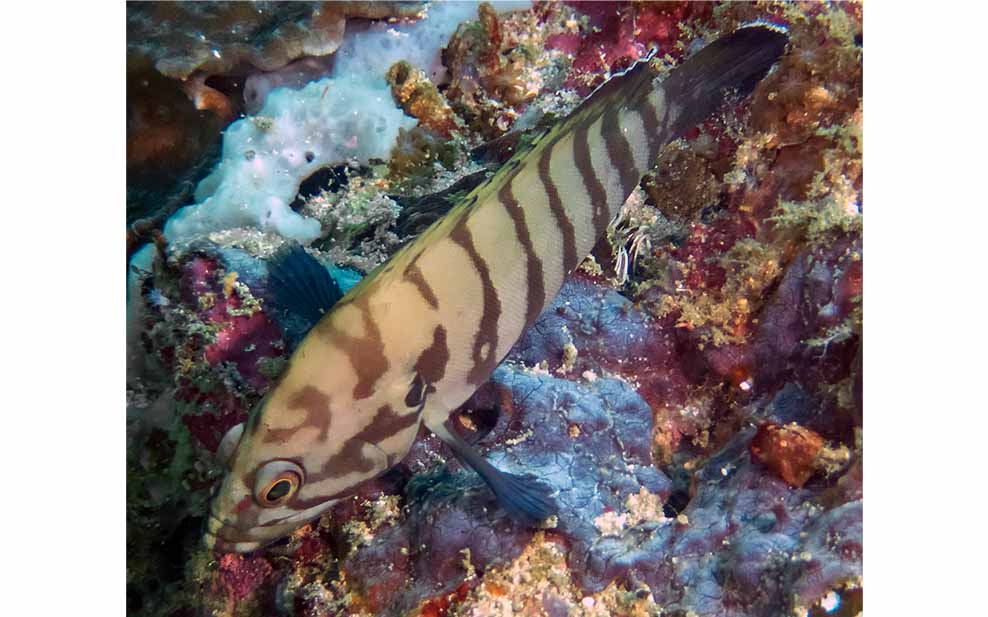
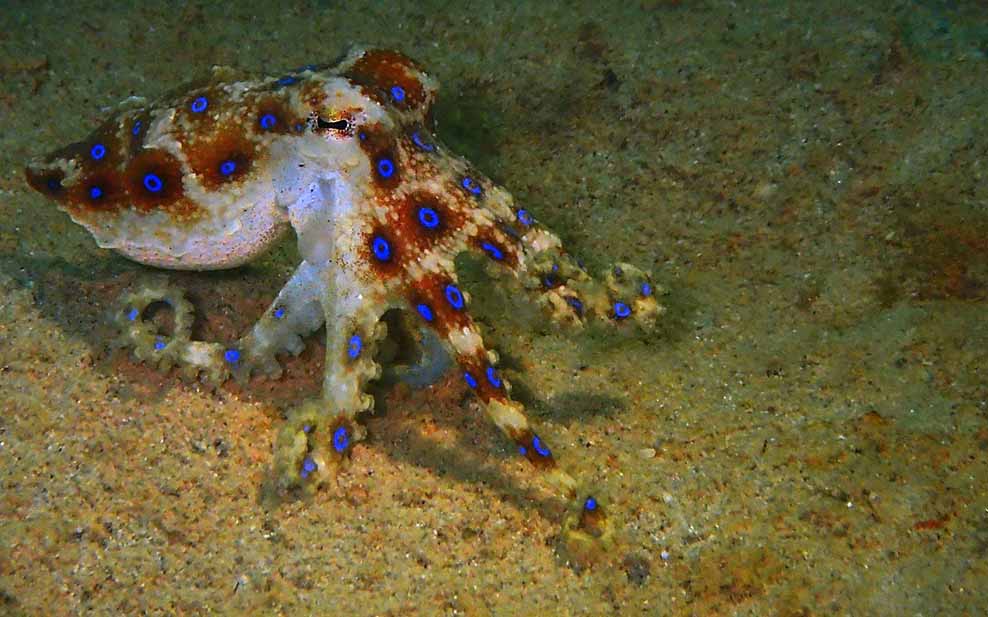
Some of the more common marine life includes things like the colourful Chinese demoiselle and the shy chocolate hind grouper. But occasionally, divers can come across rarer treasures like moray eels, stingrays and the beautiful (but highly venomous) blue-ringed octopus. And in certain areas, one can find coral ecosystems that, while not rivalling the larger and generally healthier reefs of Indonesia or the Philippines, are nonetheless some of the most beautiful in Hong Kong. Tours are open to anyone with at least an Open Water Diver certification and participants can also enjoy a complimentary buffet lunch in between dives.
Bookings: https://www.saikungscuba.com/contact-us
Note: Some tour groups may not be offering trips or may be operating at reduced capacities due to COVID restrictions.
Before you go:
For further reading on these and other eco-tours in Hong Kong, consider checking out ‘The Guide to Nature Guides of Hong Kong’ by local wildlife photographer, Robert Ferguson. Place orders here.
Written exclusively for WELL, Magazine Asia by Thomas Gomersall

Thank you for reading this article from WELL, Magazine Asia. #LifeUnfiltered.
Connect with us on social for daily news, competitions, and more.

